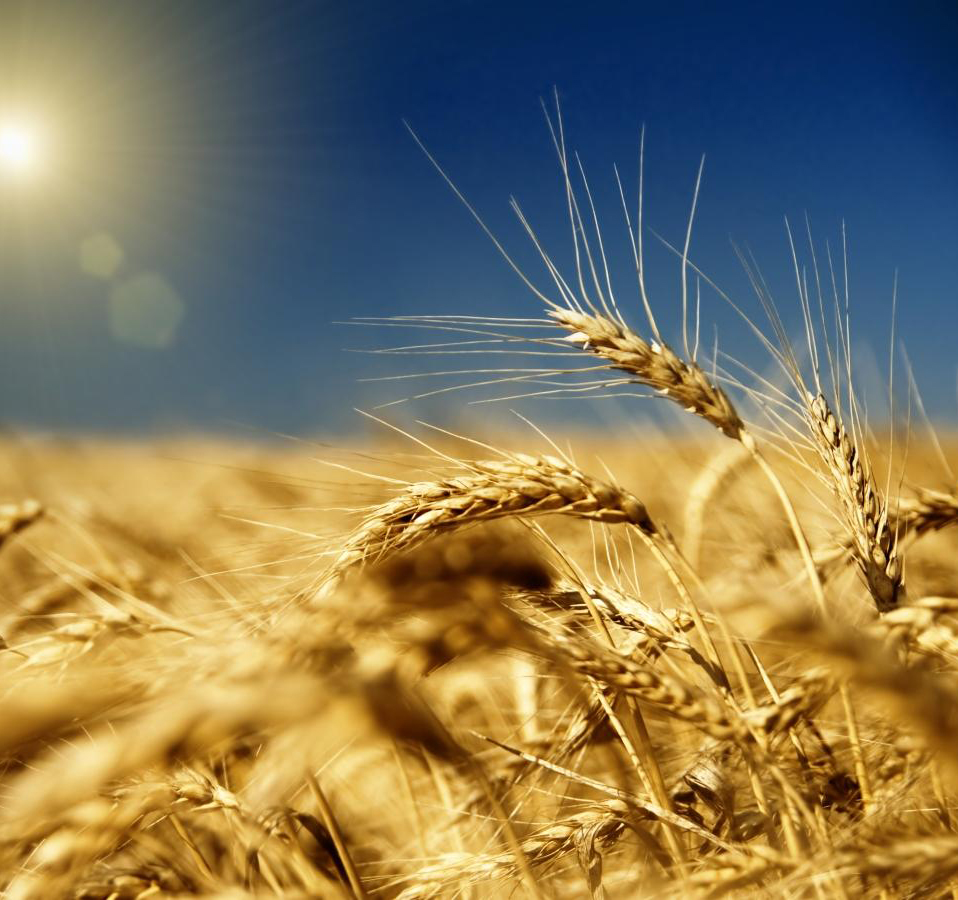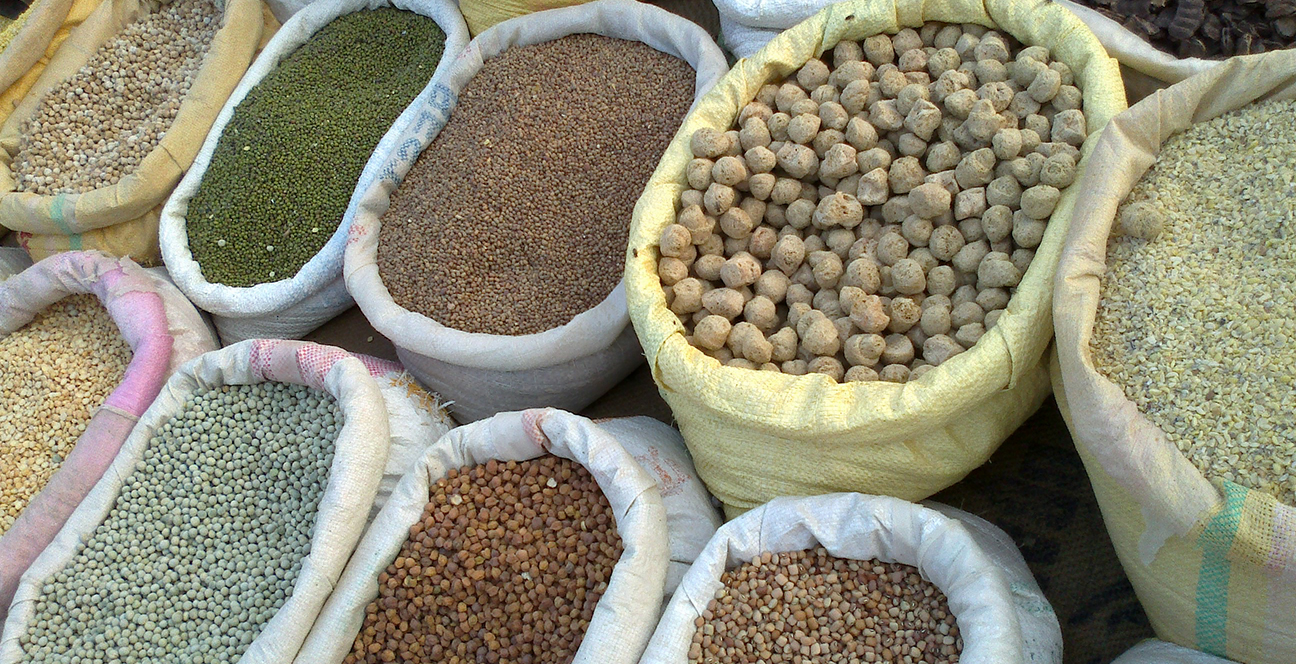Our Products
How we can help
With our mandate to support the global anaerobic digestion industry we source a wide array of feedstocks suitable for use in AD facilities. We also offtake a significant quantity of compost and digestate from multiple companies. As a matter of pride we constantly review these products to ensure that a quality threshold is maintained. This way, the product we tell our customers about, is the product we deliver to our customers.
We trade in an assortment of raw materials and below are our primary product ranges, however, if you have or require something that you do not see on this list do not hesitate to contact us either by phone, email or via the contact form on our contact page

Feedstocks

Grains & Oilseeds
At New AD we procure thousands of tons of grains & oilseeds on a regular basis and are constantly in the market for more. What we primarily look for is the damaged, distressed and produce that traditionally would be considered unfit for both animal and human consumption. However, if the price and quantity is right, we are also able to source and procure milling grade produce or any other crop for example. Our primary focus on the lower grade produce is due to the intended end user, because we supply the anaerobic digestion industry, there is no need for the produce to meet the specifications necessary for entry into the human food-chain.
The products that we primarily look to procure are; wheat, maize, rice and rye. If however you wish to procure or vend other grains or oilseeds do not hesitate to contact us as we have an array of contacts across multiple markets to which we can use to facilitate your requirements.

Miscellaneous Feedstocks
Our team has a large array of contacts throughout multiple industries that produce waste products that would be suitable for use as feedstocks in the anaerobic digestion industry. These include farm waste products such as poultry litter, organic and municipal waste from the waste management industry and food waste from the food maufacturing industries. Due to the large number of industries that we have connections to the performance of each type feedstock can vary, for further information please contact us either by phone, email or via the contact page.
Natural Biofertiliser

Our natural biofertiliser, in the form of digestate, is a by-product of the anaerobic digestion process and is a useful source of nutrients which can be applied to land as a biofertiliser or in combination with other organic materials to improve soil quality. "Natural organic" or "slow release" fertilisers provide nutrients in small amounts over an extended period of time-just the way your plants need them.
Nitrogen (N), Phosphorous (P) and Potassium (K) are three major nutrients important for the growth of healthy plants. Any kind of plant food (fertiliser) needs to have a healthy balance of nutrients, however, trees and shrubs do not need added P or K in our soils only Nitrogen. Nitrogen promotes growth in plant leaves and stems, Phosphorous is vital for seed germination, strong root systems, disease resistance and flower and fruit formation, whereas, Potassium helps plants form sugars, starches, carbohydrates and proteins. Additionally Potassium also helps fortify plants' imune systems, strengthen stems, protect against the cold, preserve water and encourages fruit ripening.
Nutritional Benefits
Digestate has a high nutrient content which makes this material valuable to the farming community for plant growth. Macro elements such as Nitrogen, Phosphorus and Potassium are present in large quantities in digestate, it also has the added benefits of containing other components which are vital to plant growth and development such as Calcium, Sulphur, Magnesium and a host of important trace elements.
Accreditation
All our digestate is accredited under the BSI PAS 110 system and is assessed on three criteria, chemical, biological and physical characteristics. These criteria have been selected for assessment to ensure only good can come from the application of digestate to land under the PAS 110 system. Compliance to this standard is our control to ensure we always maintain a high standard of production and transparency.


Solubility In Water
Groundwater contamination with nitrates is a major concern, and the more water soluble a fertiliser, the more damage it can do to drinking water. Since natural fertilisers generally contain lower concentrations and release nutrients at a slower rate compared to synthetic fertilisers, natural fertilisers offer a healthier alternative to chemical fertilisers.
Turf Protection
Digestate has a significant effect on the rate of grass establishment compared to control plots in tests, on plots where digestate was applied the grass colour, coverage and chlorophyll reflectance were similar to that of a traditional mineral fertiliser. These tests have demonstrated nutritional benefits that can be derived from applying liquid fraction digestate when establishing turf both in a domestic setting and professional setting such as a golf course or other sports use.
For new wholesale accounts, orders and billing contact the New AD Procurement Team
